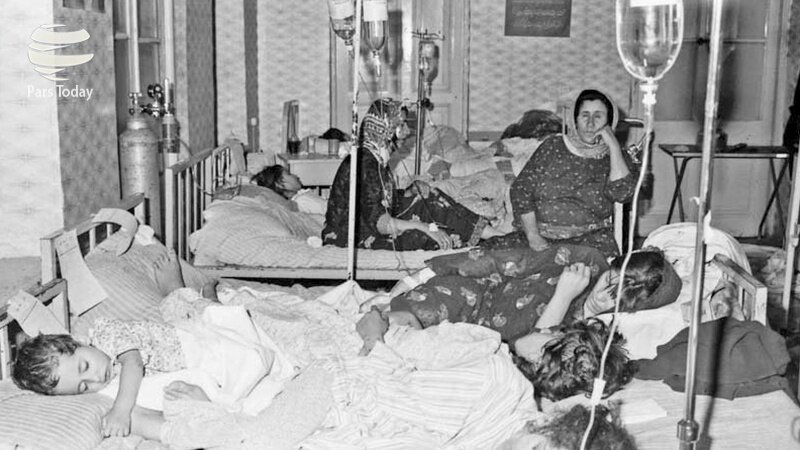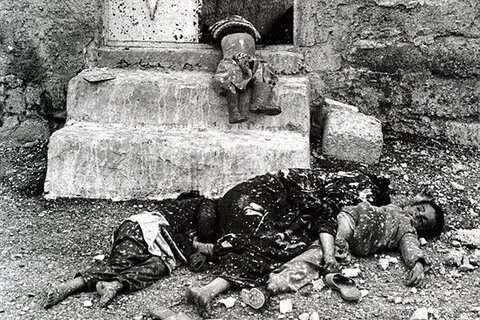Iran (IMNA) - Sardasht is considered the third city in the world to be hit by weapons of mass destruction after Hiroshima and Nagasaki in Japan.
Despite the tragic nature of the attack, the international community has largely remained silent on the issue, failing to hold Iraq accountable for its use of chemical weapons against civilians. This silence is particularly troubling given that the West, including the United States and its allies, were supportive of Saddam Hussein's regime during the Iran-Iraq War and did little to condemn Iraq's use of chemical weapons.
In the aftermath of the attack, the people of Sardasht, unaware of the chemical threats, rushed to aid the injured, inadvertently causing more casualties due to the polluted air from the bombs. The transportation of the wounded to other cities was slow, exacerbating the lasting chemical effects on their bodies and souls.

Three decades later, many survivors of the Sardasht chemical attack continue to suffer from long-term respiratory and psychological effects of inhaling mustard gas. Fernando Arias, the director general of the Organization for the Prohibition of Chemical Weapons (OPCW), has urged the international community to renew its commitment to the eradication of chemical weapons and ensure that such tragedies are not repeated.
The Leader of the Islamic Revolution, Ayatollah Seyyed Ali Khamenei, has stated that Sardasht is still suffering from the consequences of the chemical attacks, with suburban areas of the city continuing to experience the effects of chemical exposure. Ali Bagheri Kani, a senior Iranian official, has also highlighted the hypocrisy of Western nations claiming to champion human rights while having the "darkest record of human rights abuses in the world".
During Iraq's eight-year war against Iran, 230,000 Iranian lives were lost, nearly 600,000 people were left disabled, approximately 43,000 Iranians were taken captive by Iraqi forces, and thousands more remain missing. The tragedy of Sardasht serves as a stark reminder of the devastating consequences of chemical weapons and the need for the international community to take decisive action to prevent such atrocities from occurring in the future.


Your Comment